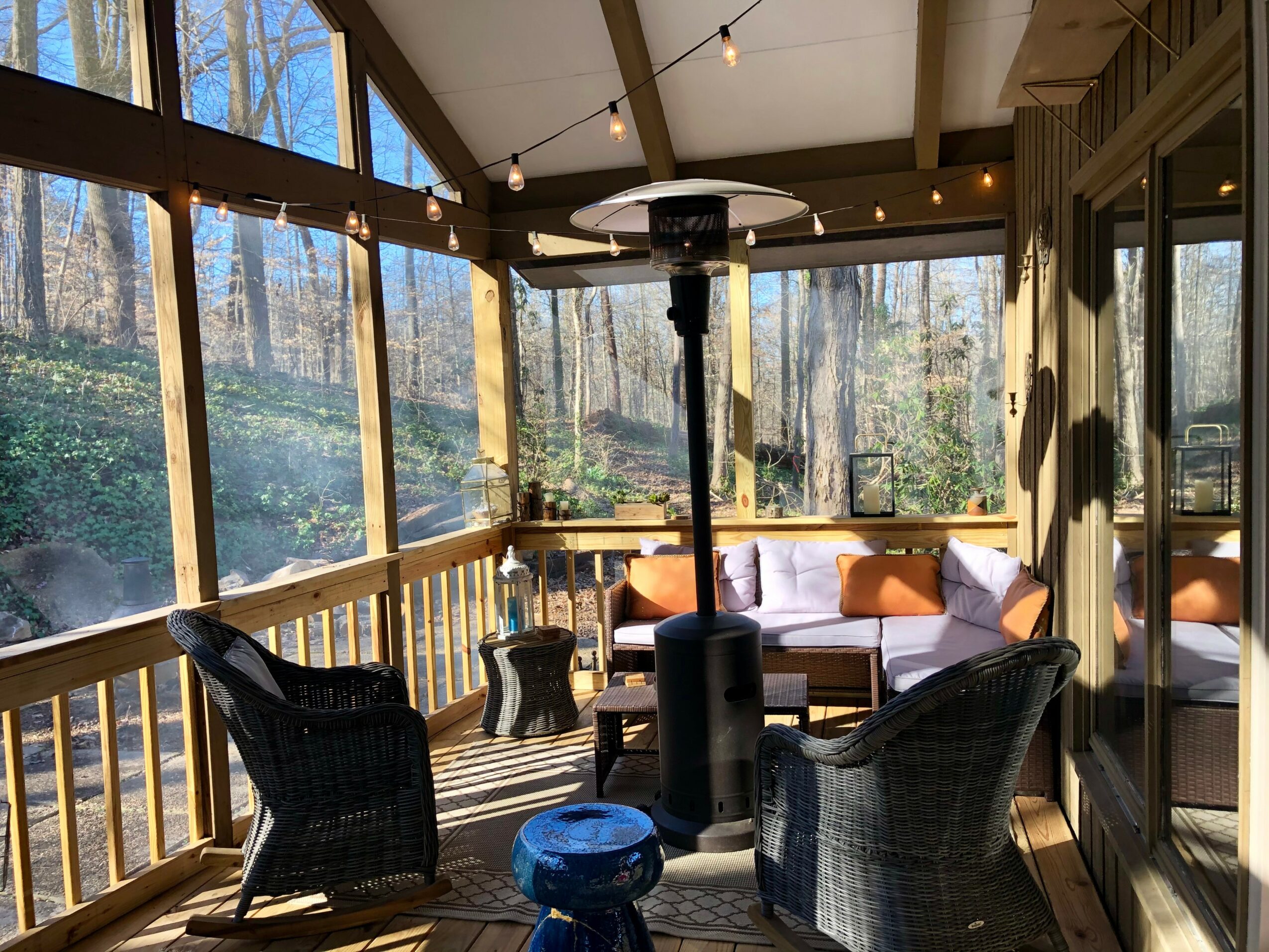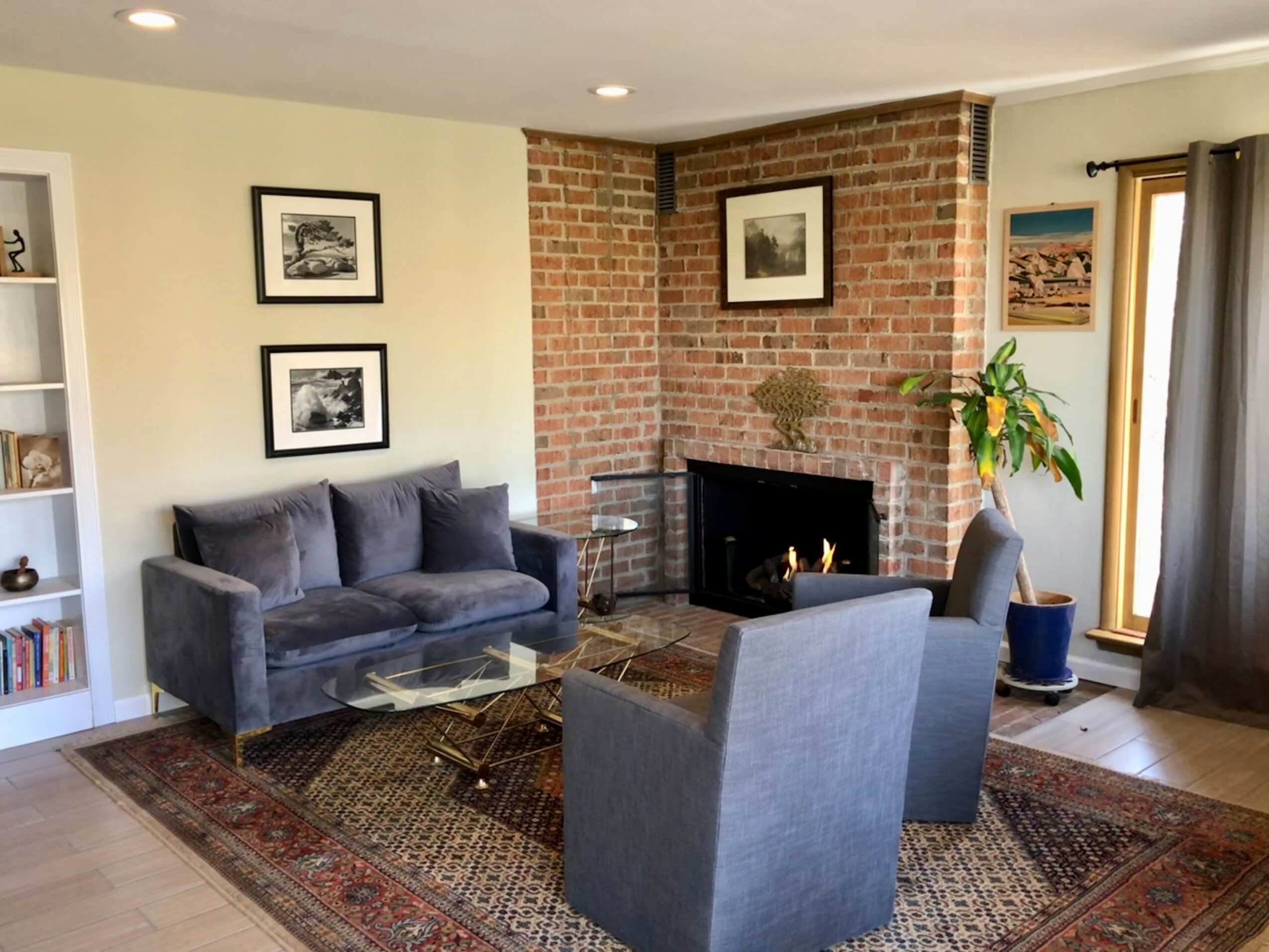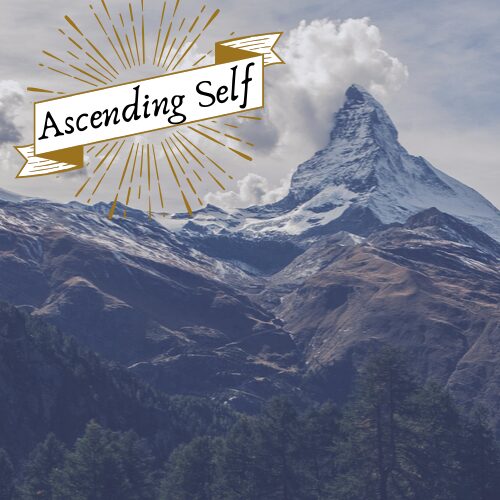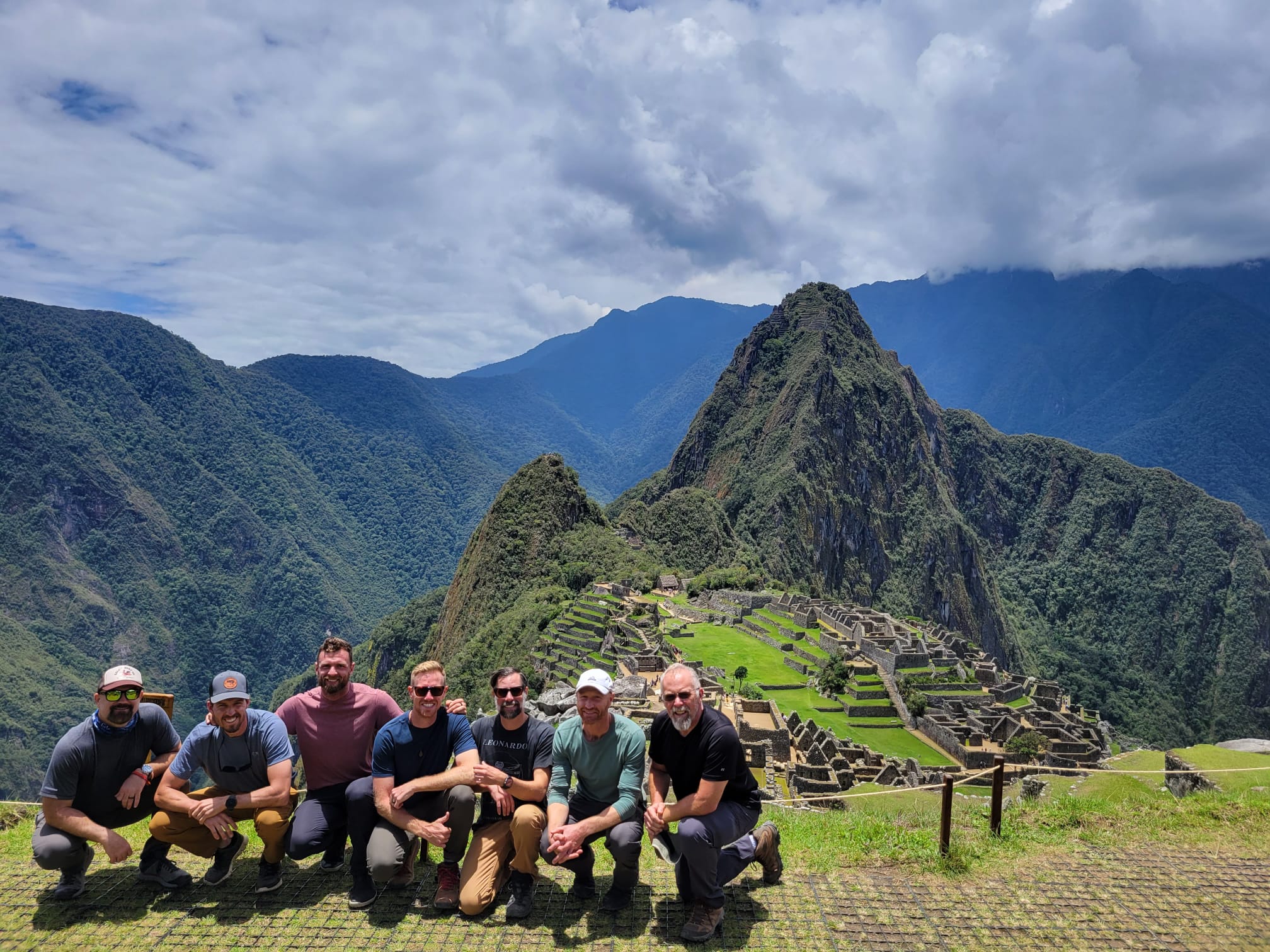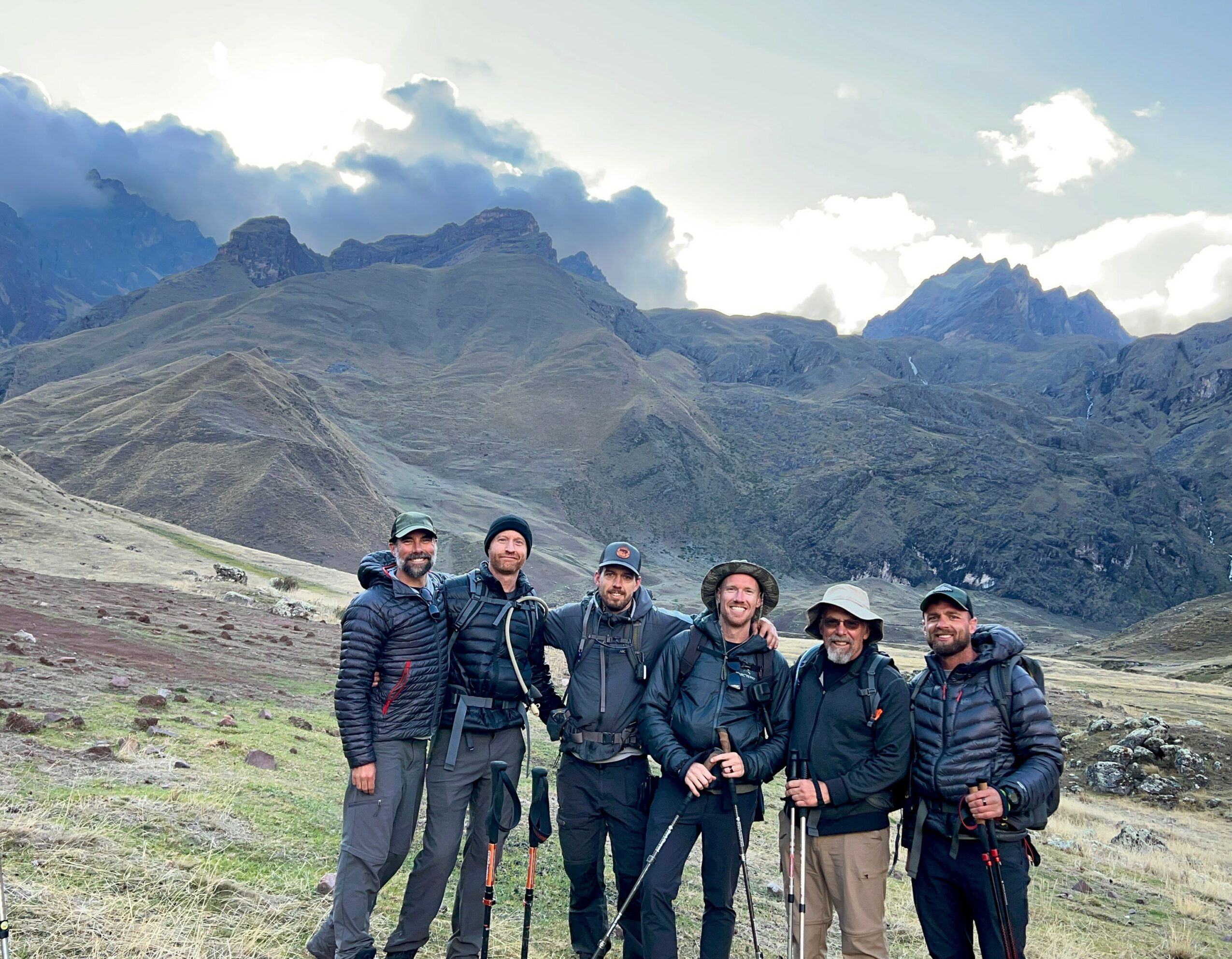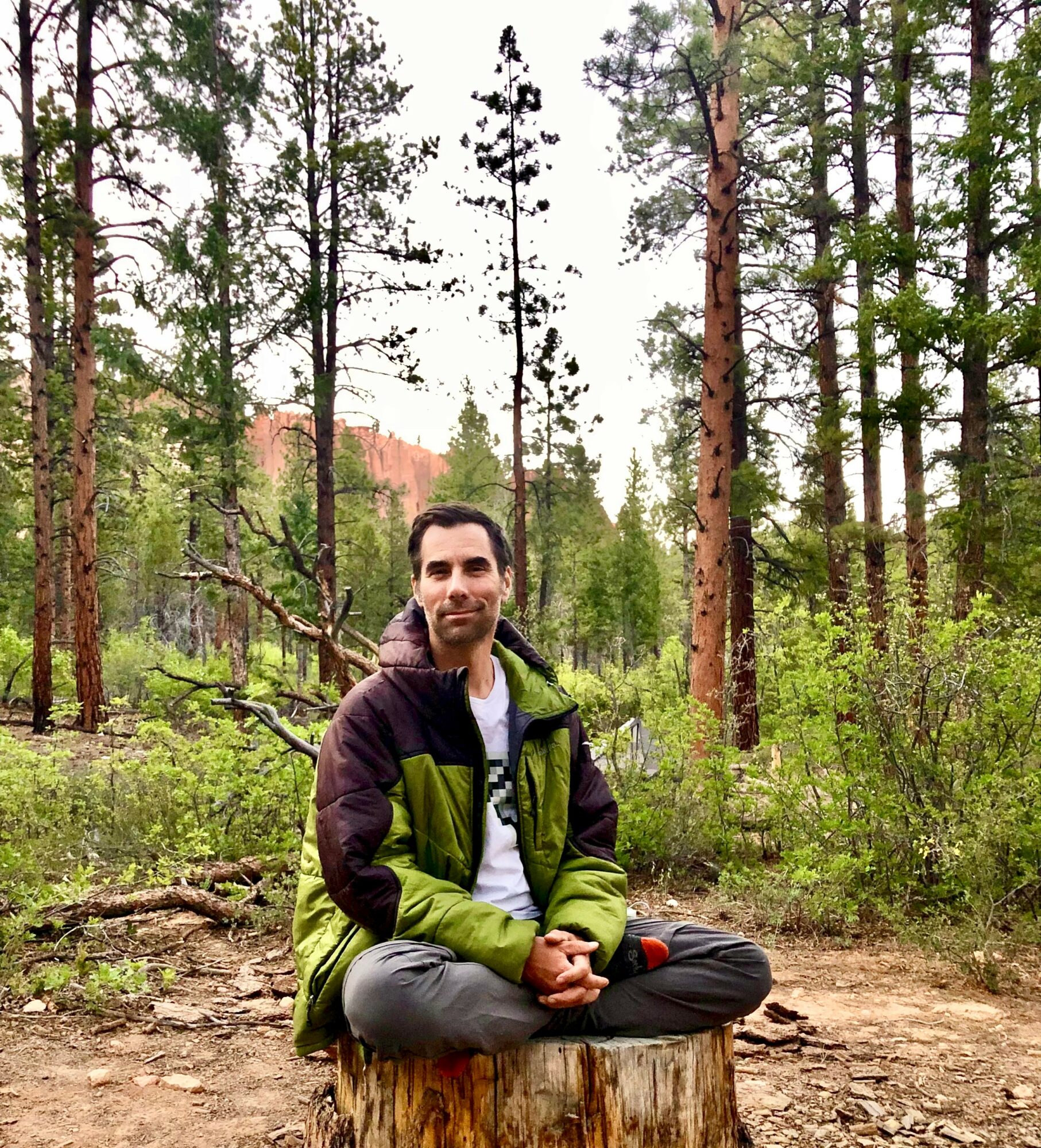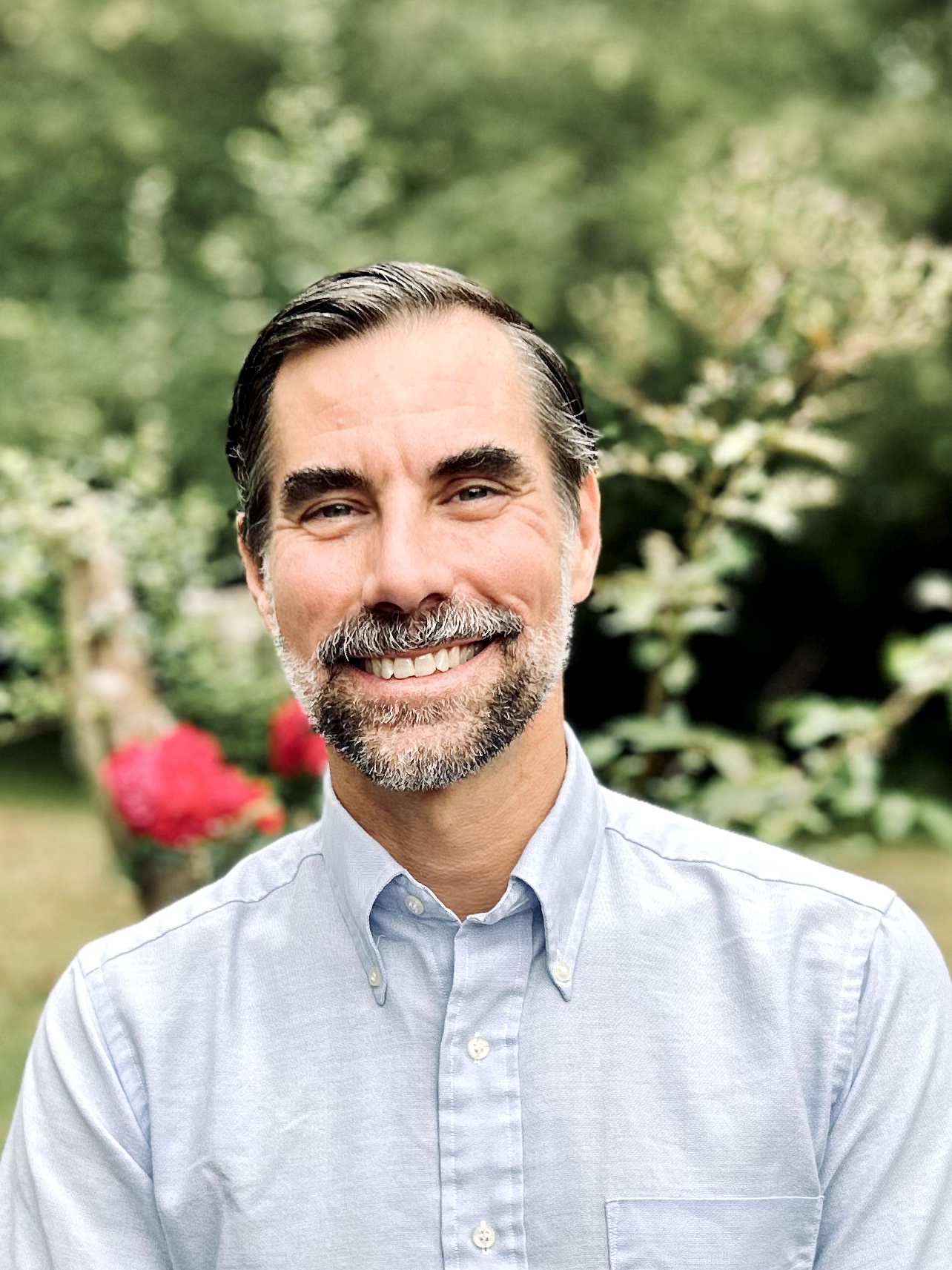

Today we’d like to introduce you to Barrett Wilson.
Hi Barrett, it’s an honor to have you on the platform. Thanks for taking the time to share your story with us – to start maybe you can share some of your backstory with our readers?
My story began in Knoxville, Tennessee off Sutherland Drive and later in Rocky Hill, being one of those kids who was observing behaviors of others with endless fascination and curiosity about the how’s and why’s of relational engagement. I was lucky enough to have a psychology elective in high school at age 17, and was for the first time inspired by a subject other than quality literature. Not only was this my first taste of intellectual delight and pursuit in psychology, but it was also the time in which I experienced my own psychological shift from a more troubled adolescent into a lens of connection with nature and community. You could say I felt my “calling” that year. Despite my father’s caution around how many folks with psych degrees struggle financially, I couldn’t help but pursue the subject, reading books and articles about the mind, neurobiology, and therapeutic modalities for fun.
I jumped right in to psychology classes at the University of Tennessee, Knoxville. Feeling so excited about the subject, I ignored a few prerequisites which I had to take my senior year because I’d filled my semesters with nothing but higher level psych courses. While at UT, I worked with a couple of friends to start an outdoor recreation component to a foster care program with youngsters and adolescents. Watching kids respond to outdoor activities with fascination and soothing inspired me to connect my passions of understanding and healing the mind with the natural world as a robust therapeutic setting. I graduated, through-hiked the Appalachian Trail, and upon completion, moved to Utah to continue working with the natural world and mental health. I returned to Tennessee after a couple years to pursue a graduate degree in Marriage and Family Therapy, because I view one’s relationships to family, self, partner, friends, and communities as the most powerful impacts for mental wellbeing or suffering.
From there, I continued working with adolescents and their families to repair relational chasms and challenges. Parents would often hire me to help with their marriage after their bond with their adolescent had healed. I began seeing clients in my private practice around 2015, and then opened the doors of Ascending Self in 2019. It’s been a pleasure staying true to my calling and passions in my work with clients in Tennessee, helping my people understand, heal, and repair their relationships to self and others. I’m still incorporating a natural therapeutic setting with bird songs and the forest on the back porch, or by the fireplace in the cold months, providing an atmosphere rarely found in most therapy practices.
A current expression of my insights and passions are manifested through Intensive Therapeutic Excursions, which engage the natural world and adventure to provide a step out of obstructive default modes and settings. These excursions allow motivated clients to heal in liberating and meaningful ways. I’m convinced by research and witness that Intensive Therapeutic Excursions offer participants unique opportunities for powerful milestones and permanent change.
We all face challenges, but looking back would you describe it as a relatively smooth road?
While at UTK studying psychology with a minor in religion, I had one significant hesitation. In “abnormal psych” courses, I noticed that there appeared to be a feature in the field to normalize the client to behave only within certain bounds, and a tendency to pathologize outliers. This disturbed me, as many of my favorite thinkers and creators were outside the norms of their day. I almost abandoned psychology, and started studying wildland recreation. I returned to my field because of an epiphany I had while soaking in the beauty of the Grand Canyon. I realized that the field would be less humanizing and healthy if clinicians didn’t provide something different, so I have dedicated myself and my career to helping people heal their sufferings rather than fitting into prescribed norms of their time and place.
I’ve honestly enjoyed smooth transitions from one form of therapy to another along the way. Working with the natural world as a setting for healing, then being led to work in adventure therapy, where I enjoyed helping adolescents discover themselves and reconnect with their families. Often times after repairing the family relationships, parents would request help with their marriage, or ask for sessions as individuals. I started seeing people on the side as a part-time gig until I realized it was time to begin my own practice.
My greatest struggle along the way was opening Ascending Self around the same time as losing my father to a heart attack, and in the midst of the pandemic. My grieving process was significant, and led me to taking a seat as a client myself. This season of life, while deeply challenging was one of the most significant leaps in my work. It was a profound experience to participate in the therapeutic process from both sides of the “couch”. This perspective provided me with an empathy I consider key if not necessary for my practice to be what it is today. Without having ever navigated the process from a client’s position, I would never be as capable of a guide and companion through my client’s darkest seasons and sufferings.
Appreciate you sharing that. What should we know about Ascending Self?
Ascending Self is a small practice on purpose and with intention. I have worked for larger programs where I found too much focus on finances, elitism, bureaucracy, and distance from clients. I have been able to shape Ascending Self into a place that I would want to go to heal, where on days when the weather is nice, we listen to bird songs, smelling the forest, and enjoying natural light in a truly private setting. On days when the weather is rough, we meet fireside in the office, but still have the views of the woods rather than a shopping center or a parking lot.
I named Ascending Self from the concept of “Self” found in both IFS and Jungian language. IFS stands for “Internal Family Systems”, and it fits well with my own psychological process and experience of relationships. Integrating IFS into the family systems framework helped provide a better avenue for working with individuals in addition to my work with families and couples. IFS showed me how the internal process is dynamic and emotional, just like what is present in family systems work. IFS proposes that different “parts” of us internally interact with the world around us, and even in our own inner dialogues, like a family whose members are in either conflict or harmony. This provides a deeper understanding of how we relate to one another in relationships and in relationship to ourselves. I absolutely love seeing the connections of these internal parts represented in neuroanatomy as the regions of the brain associated with competition for resources while in distress or synchronicity while in harmony.
The Gottman Method is another defining feature and modality of my work with clients. It’s based on Gottman’s extensive research since the 1970’s, coupled with excellent clinical application from his wife’s contribution. Its accuracy of assessing challenges, addressing relational problems directly, and providing practical solutions is unparalleled. The Gottman method appeals not only in its pragmatic and evidence-based results; I also appreciate Gottman’s humility from a research-based lens, admitting he doesn’t know much about relationships until he does the research. For someone wanting to dig-in to see the numbers, Gottman lays it all out in his publications, but also provides easy to understand and apply concepts for couples or any relationships in need of improvements in communication.
My practice has evolved to incorporate the synthesis of these two modalities as the backbone of my practice, providing my clients a deepening of understanding about how their mind, brain, and body relate both internally and externally. My passion is to help clients heal their relationships to self and other by caring for and respecting the experiences felt within their own lives and those most important to them. I found my calling in this work young, and remain dedicated to my ongoing education and understanding of the science/art of psychotherapy with a genuine delight in what I do.
At Ascending Self, clients are respected as co-facilitators in their healing process, while supported with proactive guidance. Homework, interventions, and practical tools are provided for clients who find them helpful, but they are not enforced or graded. Being a relational model, there is an emphasis on knowing oneself, and learning how to trust and respect one’s inherent wisdom rather than remaining in shame, perfectionism or inner criticism. This theme is also found in the work that happens relationally when couples or family work is being done, providing the environment and approach to healing at the speed and depth that suits each client individually.
For those who find themselves feeling stuck in their everyday life and environment, I offer Intensive Therapeutic Excursions where clients have a chance to step away from the routines, habits, relational dynamics, and messagings that perpetuate the problems they struggle with. On these intensives, we carry the principles of my practice into beautiful, natural, and novel environments. On excursions, clients have a chance to stay with the work, having therapeutic support throughout their days. With literal and figurative summits & valleys, we discover the roots to problematic cycles, as well as the wisdom, insight, and true identity often clouded by our experiences from the past, in the grind, or by unhealthy patterns. Clients report life-changing events and new perspectives gained from stepping out of the familiar, thereby broadening and deepening their understanding of themselves and others.
Networking and finding a mentor can have such a positive impact on one’s life and career. Any advice?
I encourage folks looking for mentoring to consider looking outside the prescribed avenues of mentorship, and finding people who are living in a way they admire. From personal experience, my real mentors have not been the supervisors assigned to me, but the people I’ve emulated in the way they think and engage with others. It’s not about the profession or the status of the person, but the quality of her/his presence. My first mentor was a dentist, who remains a guiding light in my life today (I enjoyed a view of the mountains from his porch this week). A few were professors, but their mentorship occurred off the grounds of the university, and where they shared their spaces, lives, perspectives, struggles, wisdom, and path with me. I like to say that intelligence is cheap, but wisdom is expensive. If you’re looking for a mentor, keep your eyes peeled, not for the loudest voice in a room, or someone advertising leadership, but someone who seems to communicate in a way different than most, living a life of authenticity and investment in others. The voices I listen to with eager ears are those who speak slowly, intently, often quietly, yet with enthusiasm when it’s about compassion or the celebration of others. My mentors have poured their hearts into being present with those who are neglected or in deep suffering; they embody humility balanced with confidence; and they are the ones who have found a way to care for themselves enough to dodge the burnout, while eagerly examining the world for the places they can love and support.
My network is small like my practice, but it’s real and it’s reliable. It’s a handful of clinicians who like my mentors, share their sincere hearts and challenges in our meetings together. We connect through common ethics and intentions for our clients, but also do a great job of referring to one another’s capacities and trainings. My colleagues and I are close enough that we feel comfortable challenging one another when we don’t understand or agree with an approach, while remaining open minded to the other’s perspective or angle. My network helps me see or correct my blindspots, as I do the same for them. Rather than being frustrated or offended, we feel supported and appreciative for growth opportunities as we refine our craft and practices. I always look forward to consultations with my colleagues who have become dear friends, and to feel challenged and encouraged after every meeting together. I encourage people in my field to seek out these kinds of relationships with discernment, to have a more robust and effective practice, considering quality over quantity when it comes to networking.
Pricing:
- Individual Psychotherapy: $155
- Couples/Marriage Therapy: $155
- Family Therapy: $155
Contact Info:
- Website: https://ascendingself.com
- Instagram: https://www.instagram.com/ascending_self/
- Facebook: https://www.facebook.com/ascendingself/
- Other: https://maps.app.goo.gl/5GWv3ZwM56jQGLwo8
